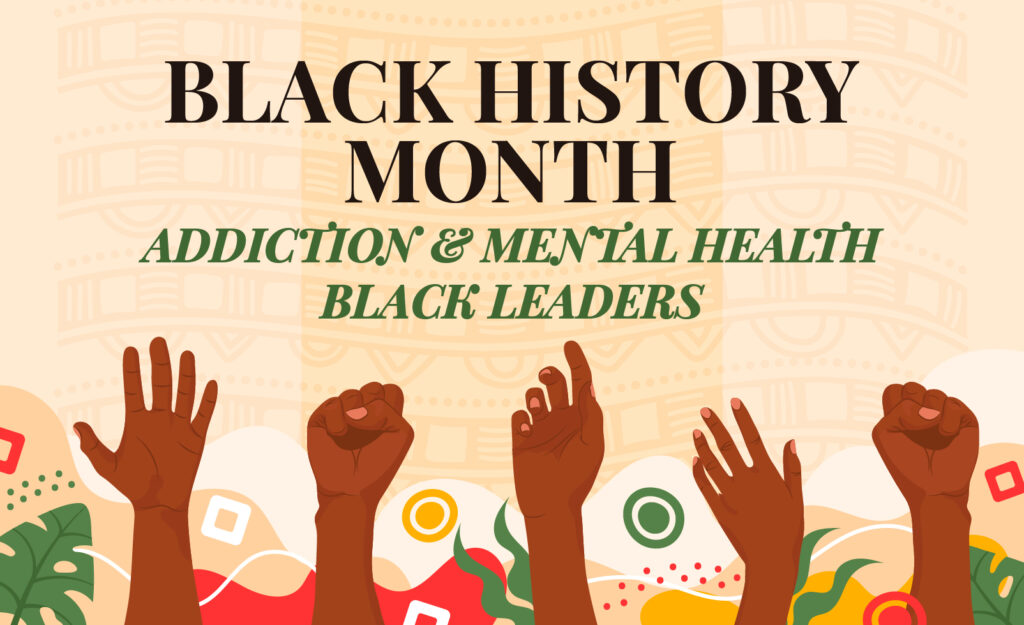The Importance of Family Support During Your Teenager’s Substance Abuse Recovery
Cocaine, alcohol, marijuana, opioids, inhalants, and hallucinogens all have one thing in common; they have an addictive potential in teenagers and adolescents. Research has shown that the frontal lobe in the brain, which is primarily responsible for impulse control, problem-solving, memory, and language, does not fully develop until 24 years of age. As a result, teenagers and adolescents are more at risk for experimenting with drugs for the first time because their decision-making skills and emotional intelligence are not fully matured. Peer pressure, toxic relationships, stress with school, unhealthy family dynamics, and past emotional and mental trauma are all well-known triggers for the development of substance abuse in teenagers and adolescents. Depending on the severity of the addiction, treatment can range from acute inpatient detoxification and residential treatment to intensive outpatient and regular outpatient care. In general, a strong support system is necessary to be successful not only in treatment but also in recovery.
The importance of the family unit in the addiction recovery process
Teenagers and adolescents often have a love-hate relationship with their parents. Parents are generally emotionally and financially supportive however many teenagers and adolescents often thrive for their independence creating an internal struggle of wanting support but also wanting their freedom. This can also result in many fights or severed ties with their parents potentially driving their addiction. Addiction can often be passed down from parents to children as parents and role models have a strong influence on teenagers and adolescents. If a teenager is around a parent who uses drugs or alcohol they will most likely be accepting of the behavior and may even be inclined to use as well. Therefore, treatment for substance abuse is an all-encompassing approach in terms of involving the family.
How family support can help your teenager in their substance abuse recovery process
Regardless of the treatment center or level of care, an assessment should be performed to evaluate your teenager. During this assessment, the family can offer a lot of insight in regards to their teenager’s behavior, his or her triggers, and the home living environment. The parents and siblings have most likely witnessed and experienced the ups and downs of their teenager’s addiction. They may have caught their son or daughter using drugs or alcohol, helped them through withdrawals, assisted them with any legal trouble, or offered them emotional and mental support during this time. Parents and siblings are often on the “front lines” of their son or daughter’s drug addiction, so to speak; meaning they are the first to witness this unhealthy addiction. As a result, having the family involved during the initial assessment, the acute treatment process and during the recovery phase, provides tremendous help to the therapist and the rest of the treatment team. The family members can also learn helpful coping skills, positive reinforcement approaches, strategies to prevent underlying stressors in the family dynamic, relapse prevention techniques, and skills to promote good behavior and academic performance in school.
What can you do to help your teenager succeed in their substance abuse recovery process?
Take an active role to learn about the substance of abuse and the treatment process/withdrawal process
Learn about the warning signs for acute intoxication and acute withdrawal for the specific substance of abuse
Participate in your teenager’s treatment and rehabilitation
Attend individual therapy sessions to improve your own mental health
Encourage your teenager to overcome their disorder and offer continued support without judgment
Keep open communication with your teenager
Stay positive and be patient
24/7 ADMISSION HELPLINE 888-629-6707




